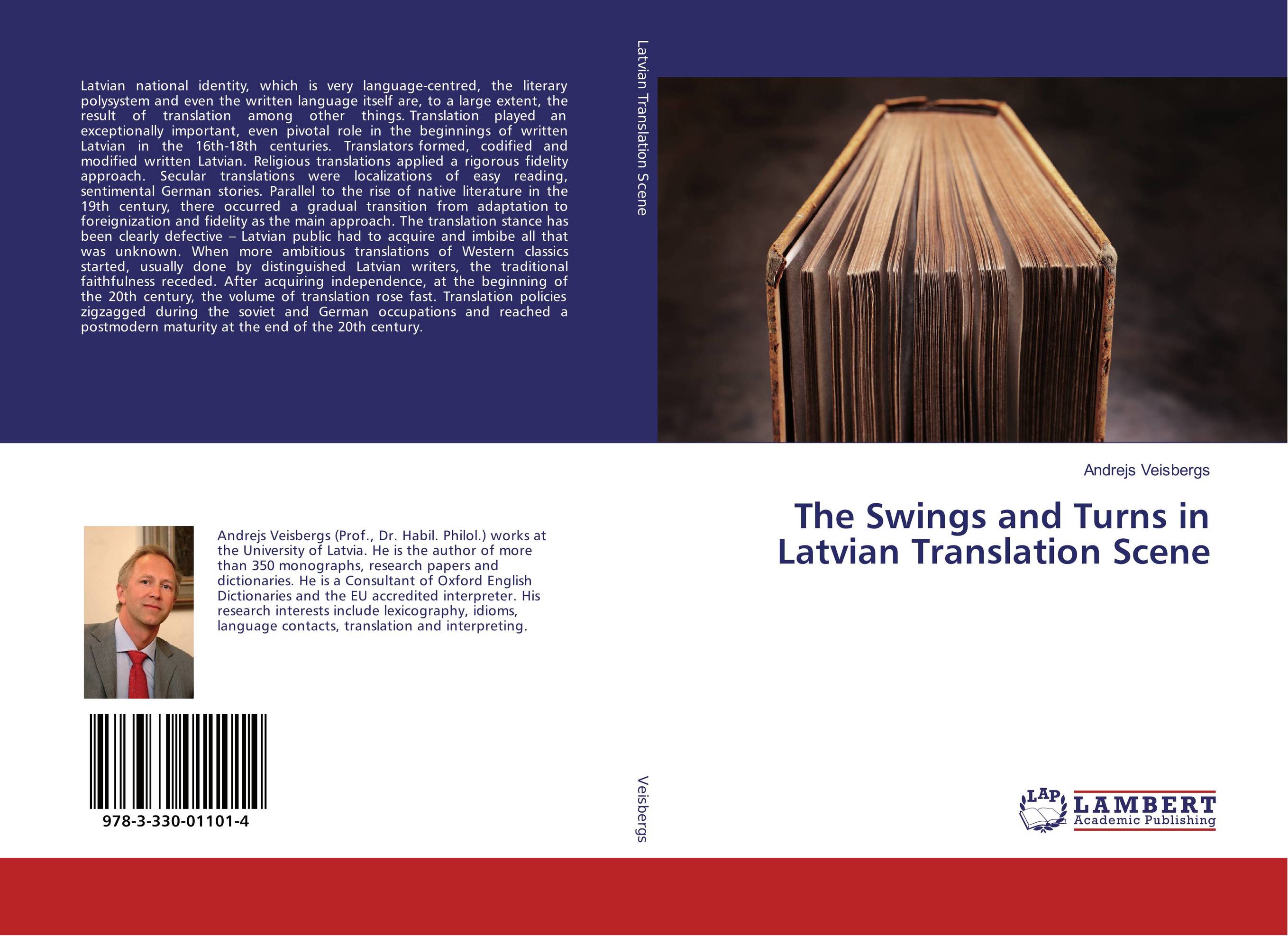| Поиск по каталогу |
|
(строгое соответствие)
|
- Профессиональная
- Научно-популярная
- Художественная
- Публицистика
- Детская
- Искусство
- Хобби, семья, дом
- Спорт
- Путеводители
- Блокноты, тетради, открытки
The Swings and Turns in Latvian Translation Scene.

В наличии
| Местонахождение: Алматы | Состояние экземпляра: новый |

Бумажная
версия
версия
Автор: Andrejs Veisbergs
ISBN: 9783330011014
Год издания: 2016
Формат книги: 60×90/16 (145×215 мм)
Количество страниц: 108
Издательство: LAP LAMBERT Academic Publishing
Цена: 21526 тг
Положить в корзину
| Способы доставки в город Алматы * комплектация (срок до отгрузки) не более 2 рабочих дней |
| Самовывоз из города Алматы (пункты самовывоза партнёра CDEK) |
| Курьерская доставка CDEK из города Москва |
| Доставка Почтой России из города Москва |
Аннотация: Latvian national identity, which is very language-centred, the literary polysystem and even the written language itself are, to a large extent, the result of translation among other things. Translation played an exceptionally important, even pivotal role in the beginnings of written Latvian in the 16th-18th centuries. Translators formed, codified and modified written Latvian. Religious translations applied a rigorous fidelity approach. Secular translations were localizations of easy reading, sentimental German stories. Parallel to the rise of native literature in the 19th century, there occurred a gradual transition from adaptation to foreignization and fidelity as the main approach. The translation stance has been clearly defective – Latvian public had to acquire and imbibe all that was unknown. When more ambitious translations of Western classics started, usually done by distinguished Latvian writers, the traditional faithfulness receded. After acquiring independence, at the beginning of the 20th century, the volume of translation rose fast. Translation policies zigzagged during the soviet and German occupations and reached a postmodern maturity at the end of the 20th century.
Ключевые слова: Adaptation, English, German, identity, Latvian, Norms, Polyphony, Russian, translation, stances



